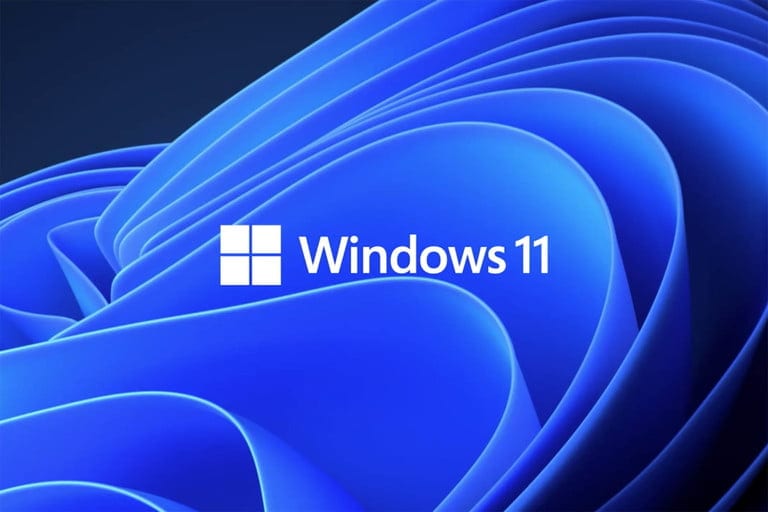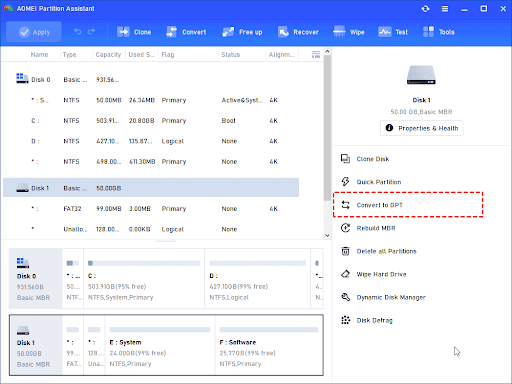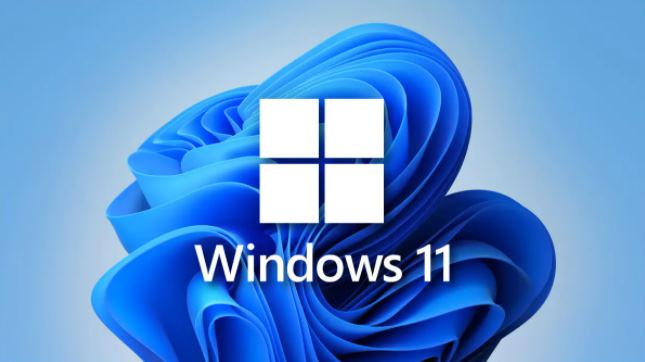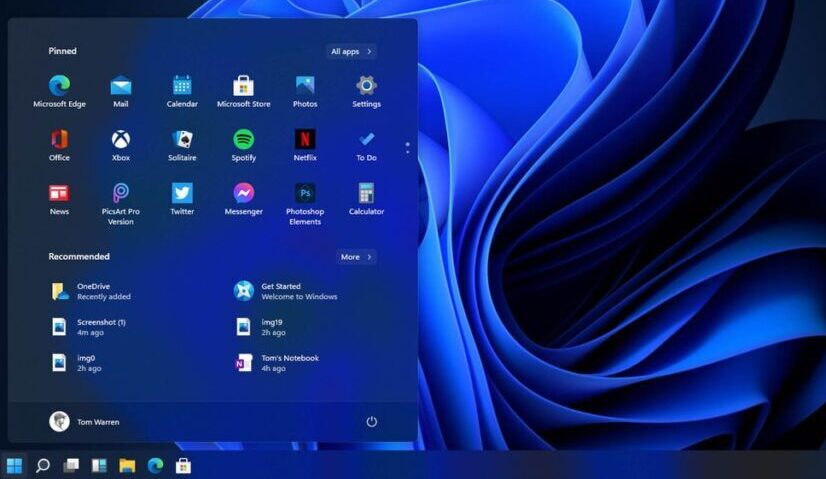Microsoft launches a new version of its famous Windows operating system every few years. The most current edition of the operating system, Windows 11 just launched in October 2021 and it claims many promising features over its predecessor Windows 10.
However, Windows 11 is now blocking the popular app Edge Deflector, which provides a better ability to select alternative web browsers on Windows 11 devices.

This new blocking discovery was made in a new build of Windows 11 through the Insider Program, where Microsoft is now blocking applications that sidestep certain restrictions to change web browsers within the operating system.
Users can still change their default web browser to Chrome or Firefox, but as Windows users know, this will not apply to every situation found in Windows.
That is due to something called the “edge:// protocol,” which is a method used by Microsoft within certain elements in Windows, such as the News and Interest widgets.
You can also read: Best Free Antivirus for Windows 11
Furthermore, the protocol ensures that it will only open URL links in its Edge browser. It is implemented within Windows Search as well. Additionally, it is being a controversial feature as it even circumvents a user’s default browser choice.
Windows 11 Blocking EdgeDeflector
When Windows 11 OS was launched, developers offered alternative apps, such as EdgeDeflector, that allow you to redirect links to a preferred browser, but Microsoft has now made such workarounds worthless through the latest Windows 11 update (build 22494), which is currently available for Insider members.
Understandably, the developer who developed EdgeDeflector, which is home to 500,000 users, has now confirmed that Microsoft has effectively disabled his application.
As stated in the developer’s blog post, the developer, Daniel Aleksandersen, insists that “this is not a bug in the Windows Insider preview build. Microsoft has made specific changes to how Windows handles the Microsoft Edge:// protocol.”
Daniel Aleksandersen added that while he can technically provide a way to bypass Microsoft’s strategy to make apps like EdgeDeflector futile, it would require “destructive changes” to Windows. These alterations to the program’s code would cause several issues for users, the developer stressed. Daniel has thus decided to cease updating the app.
Last month, in October, Brave became the first web browser to incorporate support against Microsoft’s URL scheme by introducing the same functionality EdgeDeflector delivers. Mozilla developer Masatoshi Kimura has also written patches to integrate the protocol into Firefox.
However, Aleksandersen states that the move by Microsoft is an anti-competitive practice that regulators “just haven’t caught up with yet.”
“Your web browser is probably the most important—if not the only—app you regularly use. Microsoft has made it clear that its priorities for Windows don’t align with its users’.”
This change is only effective in future builds of Windows 11, so as of now, it’s only a preview of what’s to come.
Update: As reported by MSPowerUser, a replacement app known as MSEdgeRedirect has already been developed that circumvents Microsoft’s recent changes.
Visit our website again for the latest information on Windows operating system updates and to learn more about Windows bugs and fixes.
![]()













